Solve.For a resistor in a direct current circuit that does not vary its resistance, the power that a resistor must dissipate is directly proportional to the square of the voltage across the resistor. The resistor must dissipate  watt of power when the voltage across the resistor is 7 volts. Find the power that the resistor must dissipate when the voltage across it is 21 volts.
watt of power when the voltage across the resistor is 7 volts. Find the power that the resistor must dissipate when the voltage across it is 21 volts.
A.  watt
watt
B.  watt
watt
C.  watt
watt
D.  watts
watts
Answer: C
Mathematics
You might also like to view...
Evaluate the indicated trigonometric function of the acute angle ?.If ? is an acute angle of a right triangle and if cot ? =  , then find the value of sin ?.
, then find the value of sin ?.
A. 
B. 
C. 3
D. 
Mathematics
Find the least common denominator for the fractions in the list. ,
, 
A. (x - 4)(x + 1) B. (x + 4)(x - 1)(x - 3) C. (x - 4)(x + 1)(x - 3) D. (x + 1)(x - 3)
Mathematics
Solve the problem.Find cos ?, given that cos 2? =  and ? terminates in quadrant I.
and ? terminates in quadrant I.
A. 
B. 
C. 
D. 
Mathematics
Graph the function by starting with the graph of the basic function and then using the techniques of shifting, compressing, stretching, and/or reflecting.f(x) = 
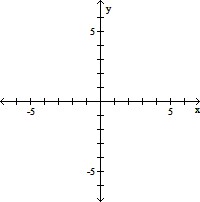
A. 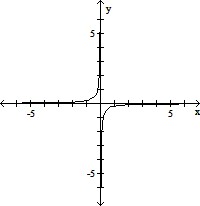
B. 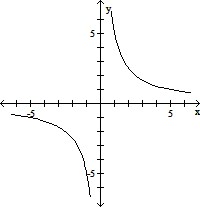
C. 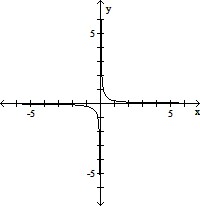
D. 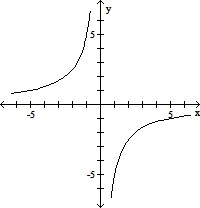
Mathematics